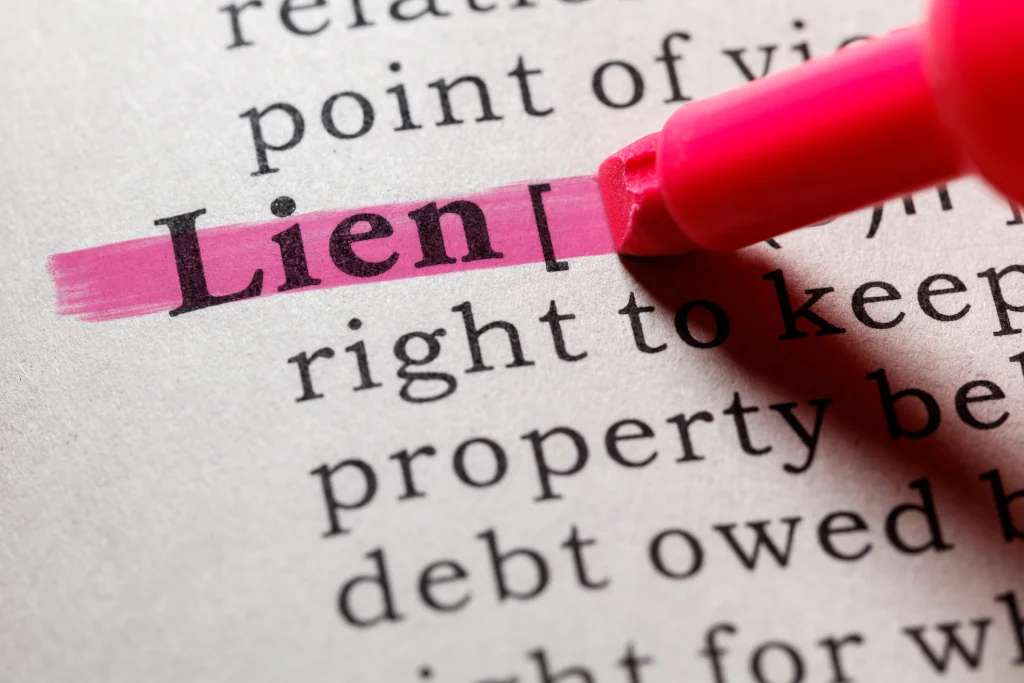
Ontario’s Construction Act governs terms and payment of contracts between property owners or tenants and their contractors, including subcontractors. Any “improvement” to property could fall under the purview of the Act. The Act defines an “improvement” as
- any alteration, addition, or capital repair to the land;
- any construction, erection, or installation on the land, including the installation of industrial, mechanical, electrical, or other equipment on the land or on any building, structure, or works on the land that is essential to the normal or intended use of the land, building, structure or works, or;
- the complete or partial demolition or removal of any building, structure, or work on the land.
This broad definition that covers most construction activities, and could include the installation of equipment that is deemed “essential” to the use of the property. Note that the definition may not necessarily cover small repairs or preventative maintenance.
Lien Requirements
The Construction Act is best known for its provisions on liens. Any party that adds value to a property through services and materials may legally have a lien interest in that property by virtue of the value they added. While the lien technically exists at law at this point, the Construction Act sets out requirements for contractors to properly register the lien if they are unpaid any amount under their contract, and to properly commence action in court under that lien as valid security. Though a lien technically exists as soon as a contractor applies its services and/or materials, it is effectively meaningless unless registered on title with the commencement of a corresponding action in court.
Given the broad definition of “improvement” under the Act, it does not take much for a lien to arise. Most properties are potentially subject to liens registered on title with one major exception: government property. Still, a lien may still attach to property in which the government has an interest, but the lien will not be enforceable against the government’s particular interest.
Tenant Liens
If the party contracting for the work is a tenant, then any potential lien is only against the leasehold interest, except that a small portion of a landlord’s interest may be affected if the lease itself accounts for the improvements.
Subcontractor Liens
It is important to note that even if it is a contractor that fails to pay one of its subcontractors, that unpaid subcontractor still has a lien against the property though the owner/tenant was not responsible for the non-payment.
Facing a lien against your property or seeking to register one as an unpaid contractor are never as simple as they may seem. At Inch Hammond, one of our lawyers may be able to assist.





